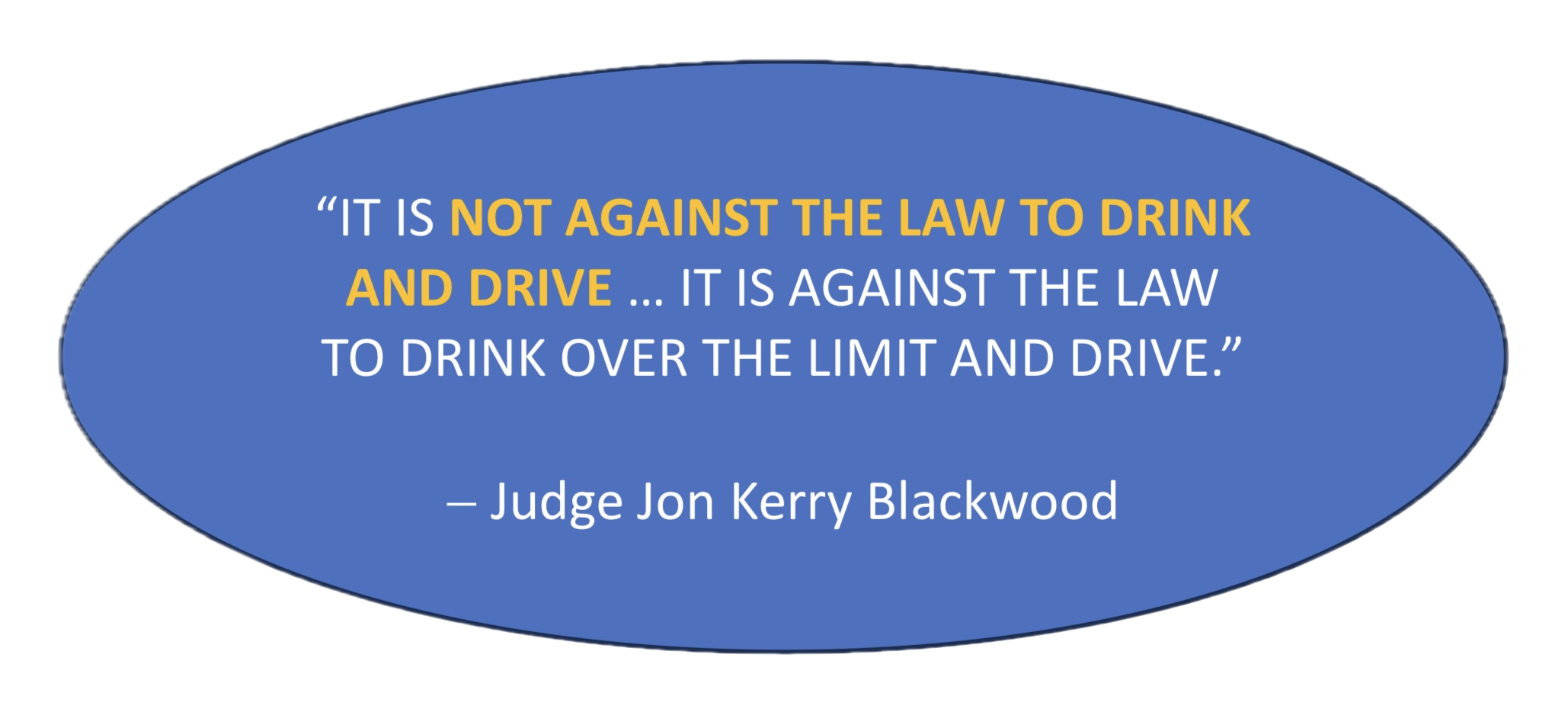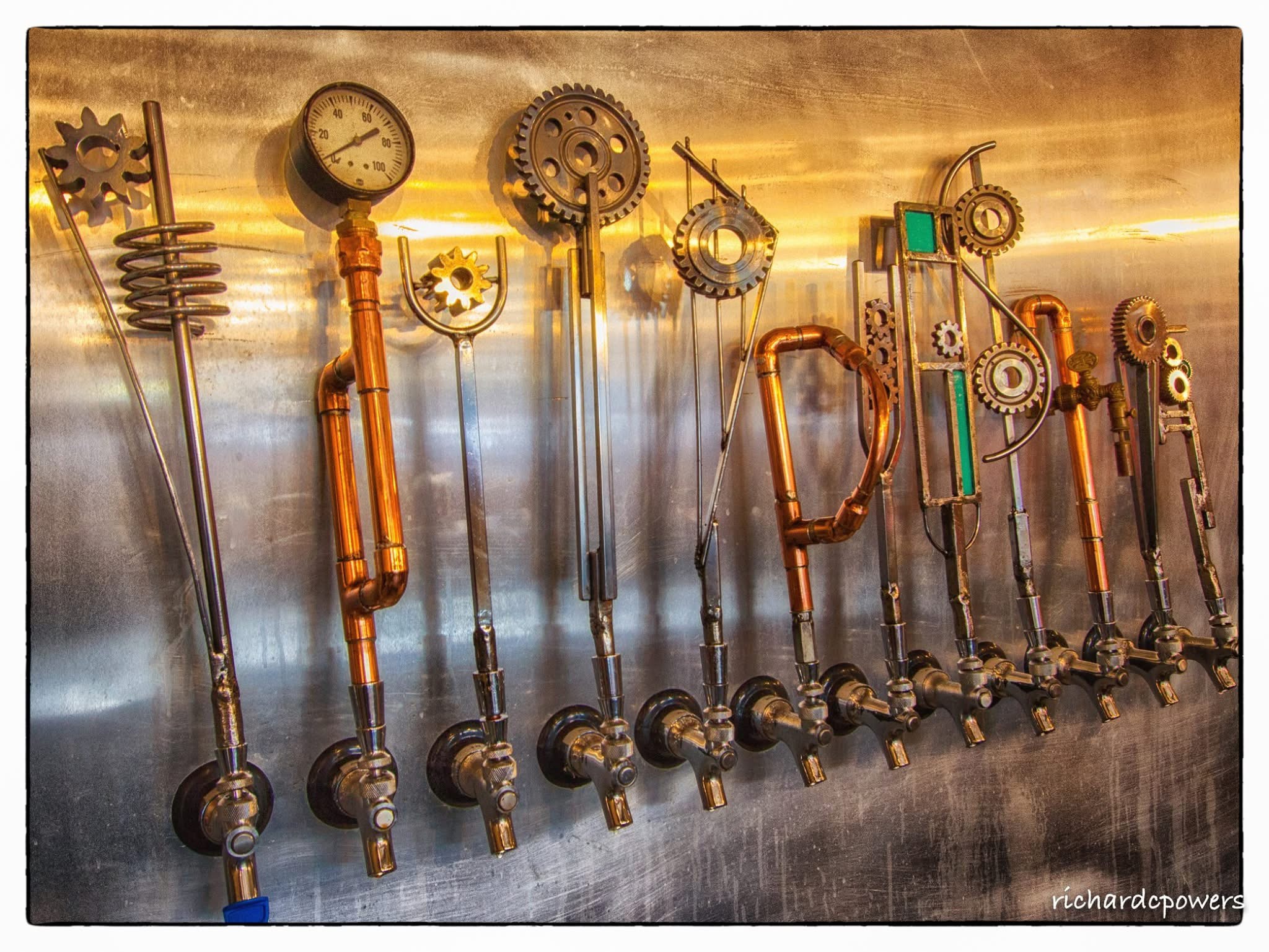


Being arrested for DUI can turn your life upside down. Maybe you were pulled over after dinner with friends on Kingston Pike. Or you were stopped at a checkpoint leaving Neyland Drive late at night. Now you’re wondering:
Will I lose my license? Will I go to jail? How will this affect my family or my career? What happens now, and who can I talk to? Who will stand up for me?
Attorney Justin Bell has been in your shoes. Years ago, he was wrongfully charged with a DUI, and that experience drives how he defends clients today. He understands the fear, the uncertainty, and the urgency. And he knows how to fight back.
In Tennessee, you can be arrested for DUI if your blood alcohol concentration (BAC) is 0.08% or higher. But you can also be charged if officers claim you were impaired—even if your BAC was below the limit. Here’s what you may be facing if charged in Knoxville or surrounding counties:

Up to 11 months and 29 days in jail, fines between $350 and $1,500, mandatory license suspension for one year, and required DUI education classes.
Increased jail time, fines, two-year license revocation, and mandatory ignition interlock.
Third DUI convictions are still treated as a misdemeanor offense in Tennessee, though the penalties increase significantly. You could face longer jail time, steeper fines, extended license revocation, and mandatory drug and alcohol treatment.
A fourth DUI conviction within the state’s look-back period is classified as a felony. A felony DUI can lead to longer prison sentences, much higher fines, lengthy license revocation, mandatory ignition interlock, and possible vehicle seizure.
A DUI offense (first, second, or third) can be elevated to a felony if the driving causes serious injury, death, or child endangerment. These cases may result in felony charges separate from the simple repeat-offense felony rule.
DUI charges reach far beyond the courtroom. Imagine losing your driver’s license when you rely on it to get to work in Oak Ridge or Maryville. Without a license, your job could be at risk. Your insurance rates skyrocket. Professional licenses can be suspended. Some employers won’t hire or keep employees with DUI convictions on their record.
And the personal toll? It’s heavy. A conviction follows you into job interviews, rental applications, and background checks. It can strain family relationships and damage your reputation in the community.


Some people think they can explain their way out of a DUI. Others put their future in the hands of an overworked public defender. Both are risky.
DUI cases are highly technical. They involve police procedures, chemical tests, field sobriety standards, and constitutional rights. Representing yourself means stepping into a system stacked against you with no roadmap. Public defenders may care deeply, but they juggle hundreds of cases at once. That means less time for yours.
This isn’t the kind of case you should take chances on.
Justin Bell brings a unique combination of personal experience, legal skill, and advanced training to DUI defense. He’s completed the Advanced Roadside Impaired Driving Enforcement (ARIDE) training course—a program designed to teach officers how to spot impairment. Few officers complete this training, but Justin has. That means he knows exactly what officers are supposed to do during a stop and when they’ve cut corners.
Here’s how he builds your defense:
This detailed, relentless approach comes from his own frustration years ago when a lawyer didn’t fight for him. He refuses to let clients go through that same experience.
Justin Bell isn’t a lawyer who sits behind a desk and pushes papers. He’s a part of East Tennessee. His family has lived here for generations, dating back to the original settlers of Cades Cove in the Smoky Mountains. He’s proud of those roots, and he brings that pride into every courtroom he steps into.
Being wrongfully accused himself gave him perspective few attorneys have. He knows what it feels like to be treated like a criminal before your side of the story is heard. That’s why he fights passionately for every client—whether it’s a student in Knoxville, a worker in Clinton, or a tourist caught up in charges in Pigeon Forge.
Your defense starts today. The sooner you call, the stronger your case can be. Don’t wait until it’s too late to protect your license, your job, and your freedom.
At The Bell Law Firm, you’ll speak directly with Attorney Justin Bell. You’ll get straight answers, a clear plan, and a defense built to win. Contact us today.